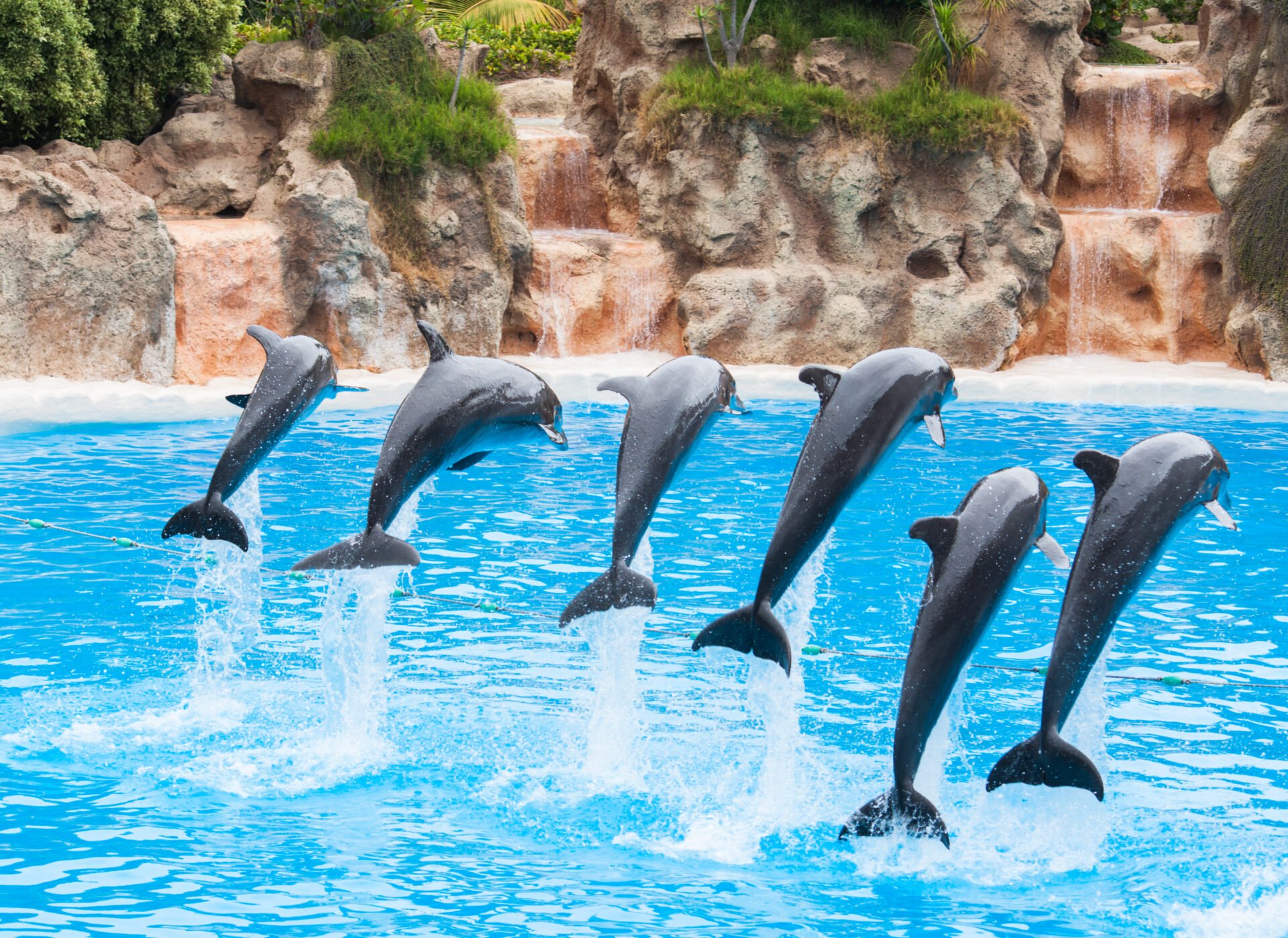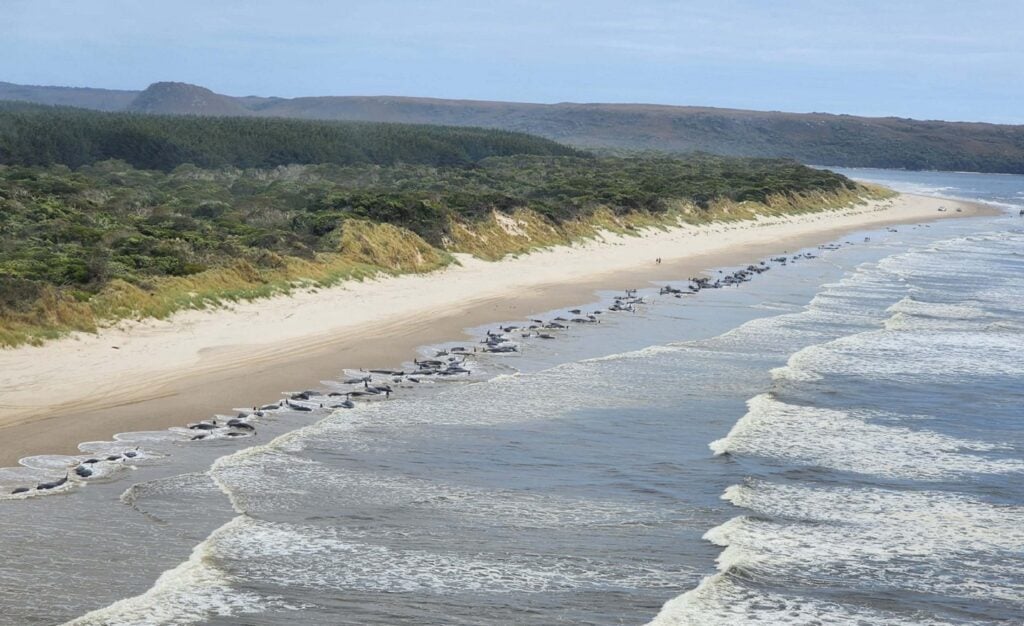In a major victory for ethical tourism Mexico has put an end to the exploitation of dolphins for human entertainment.
The ruling Senate and Chamber of Deputies has approved a nationwide ban on dolphin shows and the use of marine mammals in entertainment as well as the use of cetaceans in therapy, research, and any other activity not related to conservation.
The law also bans the breeding of dolphins in captivity.
Any of the aquatic mammals currently held in dolphinariums and marine entertainment facilities will remain, but must be cared for under strict welfare standards until their natural death.
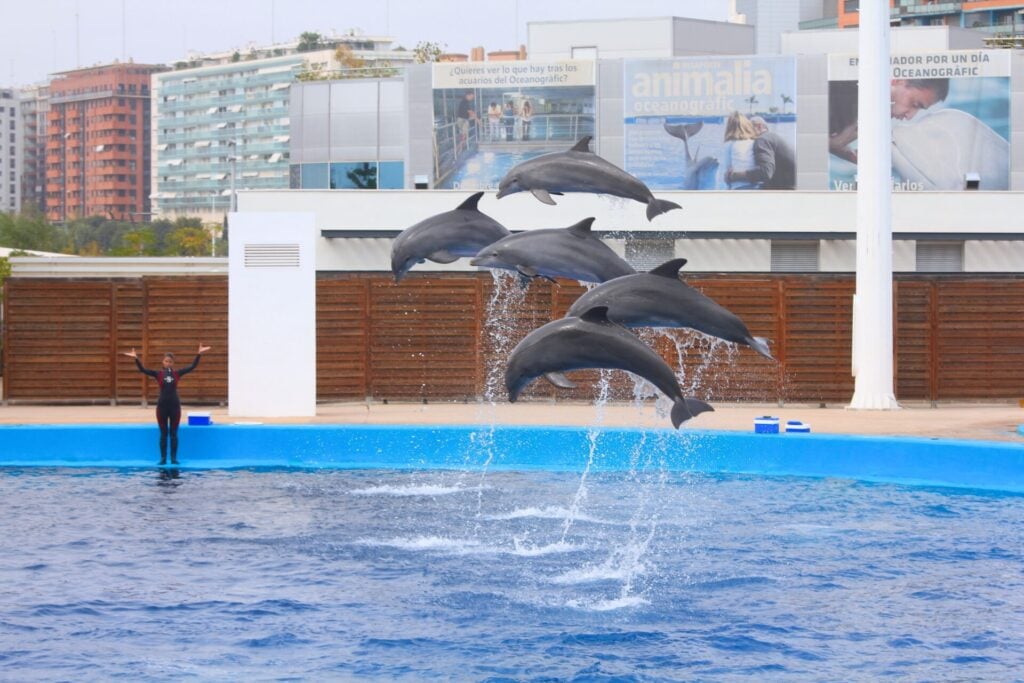
The amendment, dubbed Mincho’s Law by environmental groups, is named for a dolphin named Mincho who crashed into the edge of a pool during a performance at the Barcelo Hotel in Riviera Maya which has an attached water park. The incident, which sparked public outrage, led to the permanent closure of the facility by Mexico’s Federal Attorney for Environmental Protection (Profepa).
A video taken by an anonymous eyewitness shows three dolphins leaping into the air before one goes too far and accidentaly impacts on the pool surroundings.
Mexico has long been one of the top countries for captive dolphins, which often look like they are smiling, but this is just the natural shape of their face.
The marine creatures were especially on show in tourist beach destinations like Cancun, Los Cabos, and Puerto Vallarta, but times are changing, and this new law is proof, say campaigners.
Cruelty of Dolphin Shows
For years, scientists, activists, and animal welfare organisations have campaigned to expose the cruelty behind dolphin entertainment.
An investigation by World Animal Protection (WAP), entitled ‘The Suffering Behind the Smile’ revealed more than 300 dolphins have been exploited in Mexican facilities in recent decades
Many of these were born in captivity, confined to artificial tanks and subjected to forced training
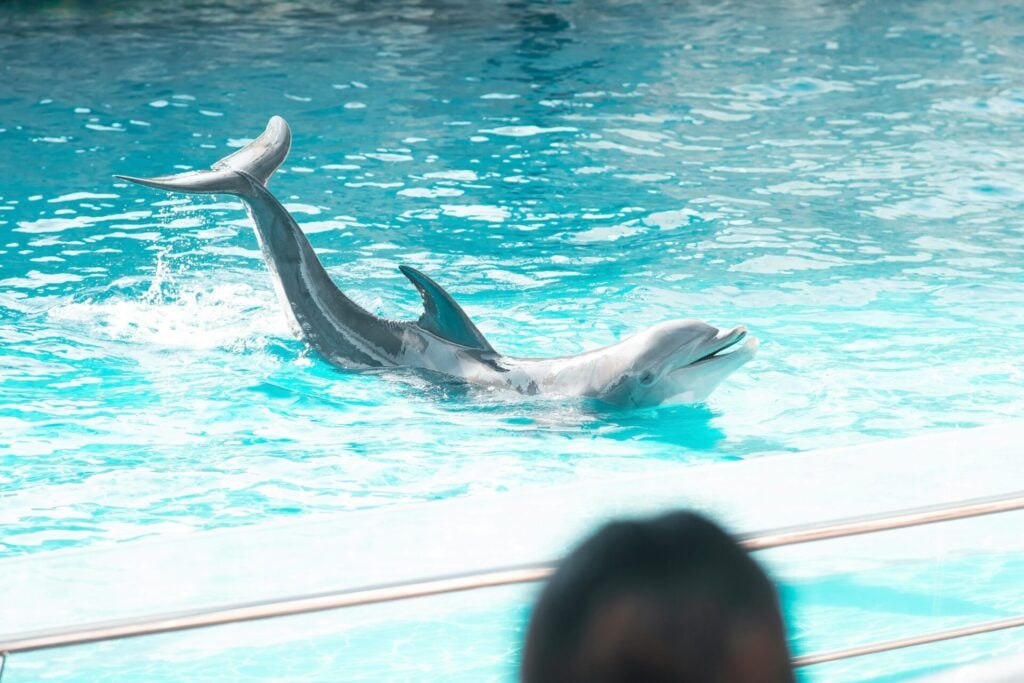
Captive dolphins suffer from chronic stress, abnormal behaviours, such as swimming in constant circle, and diseases linked to confinement.
The new law is a direct response to overwhelming evidence of animal suffering and growing public demand to end the use of dolphins for entertainment.
Captive dolphins are separated from their mothers far too young and confined in tanks 200,000 times smaller than their natural home, while also deprived of food so they can be trained.
Eugenia Mora, Campaign Strategist at WAP: ‘This is a huge step forward for animals and a historic milestone that other countries must follow. We have long documented the suffering of dolphins in captivity not only in Mexico but in Spain and across the world.
‘With this law in place, we urge the Mexican authorities to ensure robust monitoring of the dolphins who remain in captivity and to guarantee that they are kept in environments that meet their species-specific needs.’
Dolphins are social, intelligent animals that thrive in the wild, where they can form complex social groups, communicate, and engage in natural behaviours like hunting and migrating. In captivity, they are confined to small tanks, leading to stress, depression, and aggression.
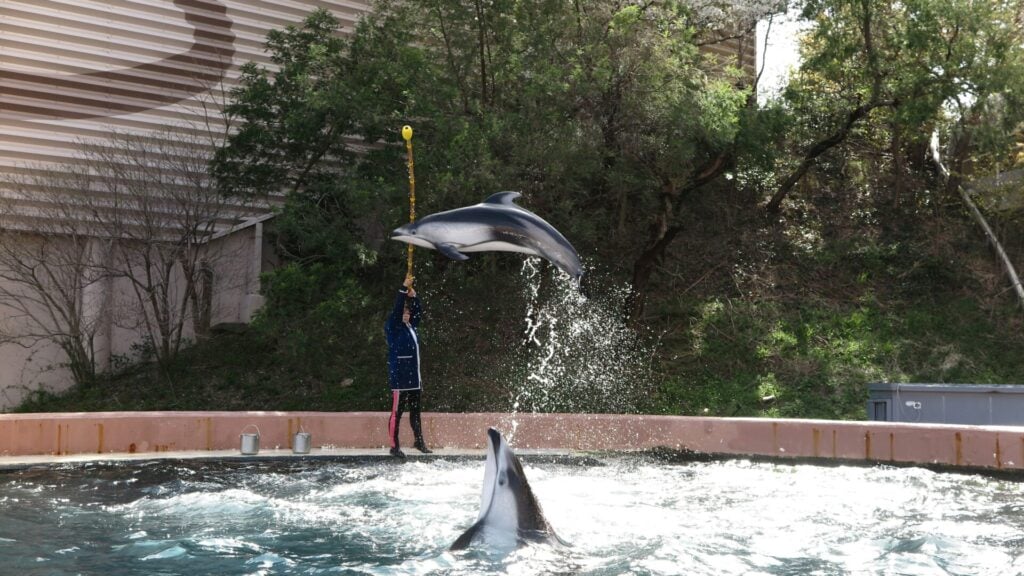
Captive dolphins are deprived of the freedom to swim long distances, interact naturally with others, and make choices about their lives. The wild offers them the space and environment they need to thrive—captivity simply cannot provide this, say campaigners.
Captive dolphins are separated from their mothers far too young and confined in tanks 200,000 times smaller than their natural home, while also deprived of food so they can be trained.
‘The unnecessary and tragic death of Mincho the dolphin at Barcelo Hotel is a stark reminder of the cruel reality captive dolphins are forced to endure. No sentient being should have their life and dignity taken away from them,’ said Phil Demers, co-founder of marine wildlife campaign group UrgentSeas.
Globally more than 100 scientists, supported by World Animal Protection, have publicly condemned the captivity of dolphins, highlighting the psychological and physical harm caused by the tourism and entertainment industries.
Currently an estimated 3,600 cetaceans, mainly dolphins, are kept in captivity across the world, the majority in China, Russia, Japan and the USA.
Mexico joins Costa Rica and Chile as one of only three Latin American countries to ban dolphin shows and captive breeding.

